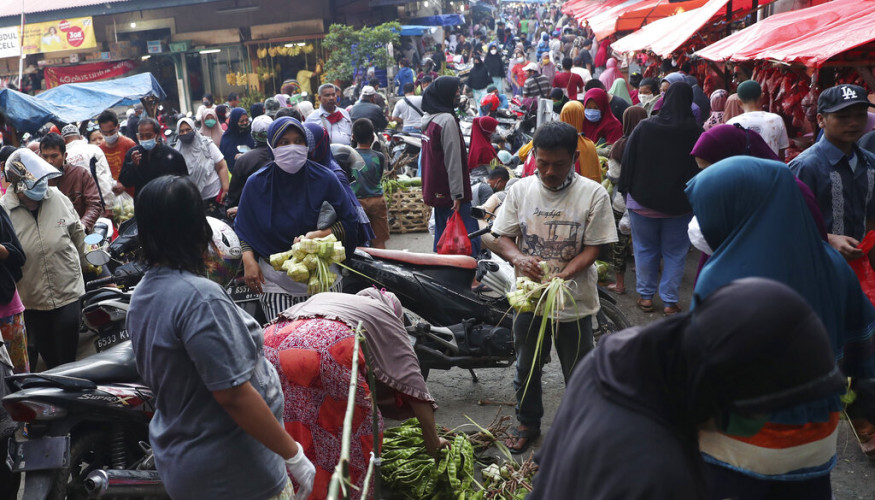 Like every year, Eid-ul –Adha is just ahead , large stretches of land on the edge of cities were allot for cattle markets and hundreds and thousands of people visit these markets, along with their families and friends, to select sacrificial animals.
Like every year, Eid-ul –Adha is just ahead , large stretches of land on the edge of cities were allot for cattle markets and hundreds and thousands of people visit these markets, along with their families and friends, to select sacrificial animals.
So, fears of an even more severe coronavirus outbreak in July comesout, authorities in big cities of Pakistan, including Karachi, Islamabad, Lahore, are facing new challenges — primarily in terms of implementation of the standard operating procedures (SOPs) at the cattle markets.
The provincial governments of Punjab, Sindh and Khyber Pakhtunkhwa (KP) are considering setting up smaller sacrificial animal markets or sales points, instead of having just one or two big markets, so that the risk of a further spread of coronavirus can be keep down.
Muhammad Salman, a public health official at the National Institute of Health, told Xinhua news agency that the objective is to provide health guidelines to the general public, buyers and sellers of sacrificial animals regarding precautionary measures to prevent the spread of the infection during the festival.
According to the guidelines issued by the Health Ministry, the animal markets to be set up around the time of Eid Al Adha must stick on to the guidelines for social distancing.
‘’Wearing masks and sanitizing hands are also among the guidelines issued by the Ministry’’
Similarly, the local authority must ensure the availability of thermal guns at entrance and allow customers only after checking temperature. He added that local authority must designate an individual at the entrance and exit of the market with alcohol-based hand sanitizer to make sure each customer sanitizes hand before entering and while leaving the market.
According to the official, as per SOPs, citizens have been asked to discourage the sick and elderly and children Under 15 years of age from attending prayers and discourage the socializing within mosques after prayers.
He added that people must avoid handshake while worshipers must maintain social distancing by keeping two metres distance between each other, and every other row should be left empty. “Avoid crowding when entering or exiting the mosques.”
Every person, he said, should wear face surgical mask and worshippers should bring their own prayer mat and not leave them behind after the prayer. “Clean floors for prayers must be ensured by washing them with chlorinated water regularly.”